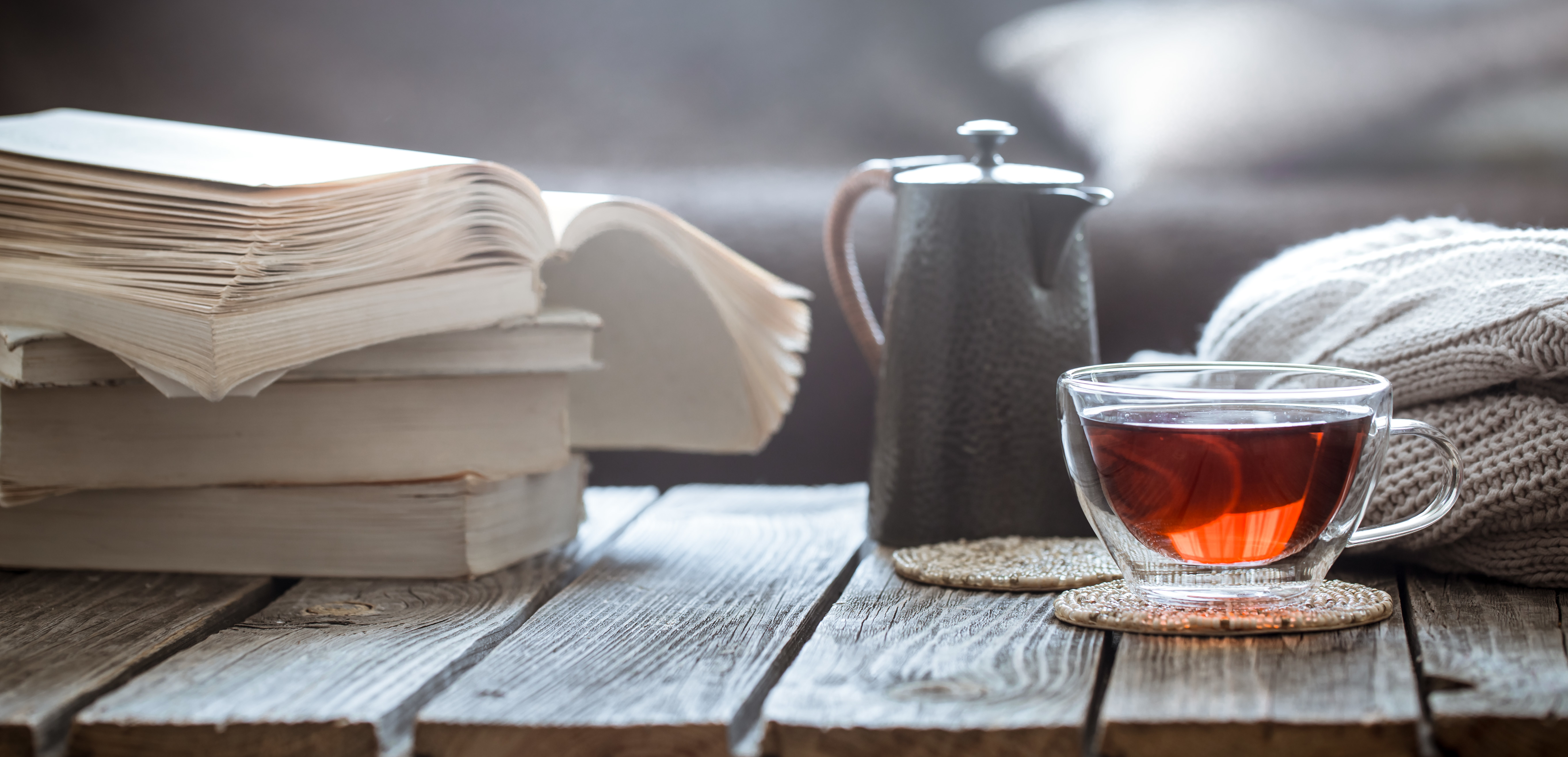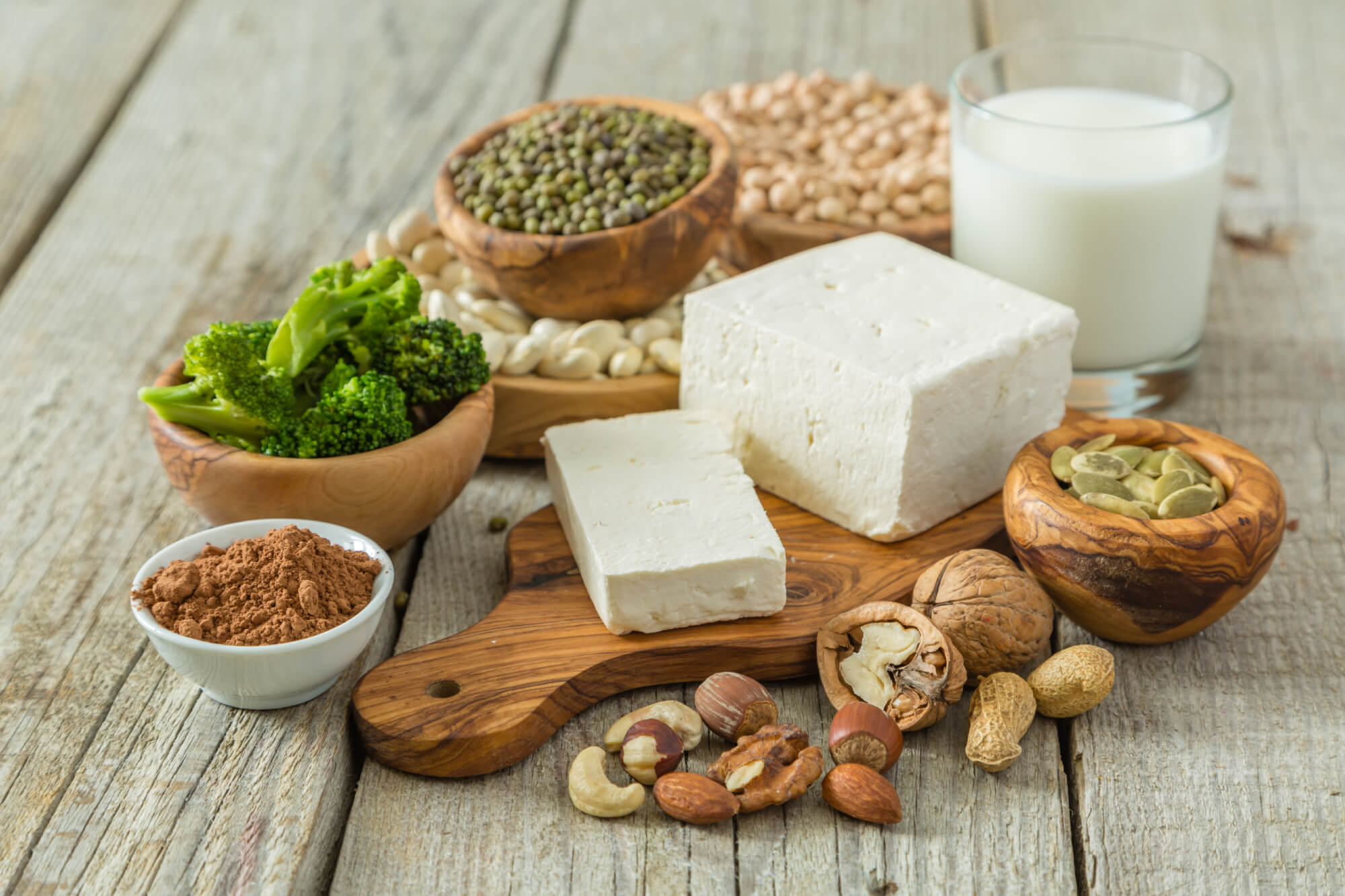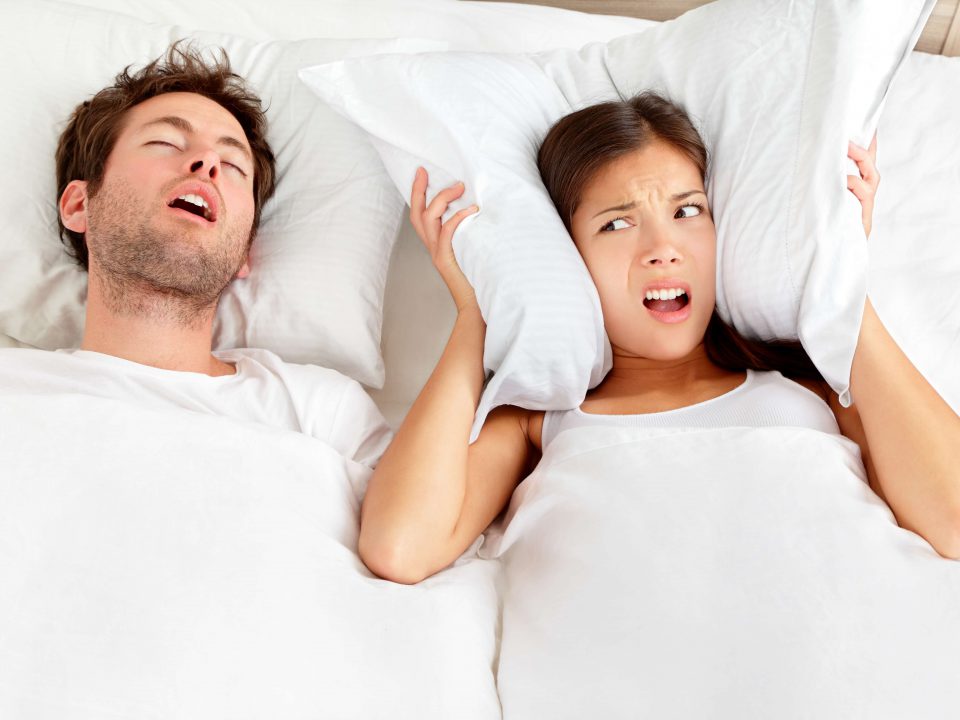Iron is a very important nutrient, and for most people you should be able to get all the iron your body needs from your daily diet. However iron deficiency is one of the most common nutrient deficiencies. If you feel exhausted or run down even though you are resting enough, you may want to contact your doctor.
We need Iron daily as part of our diet, for men over the age of 18 you are advised to get 8.7mg a day. For women aged 19-50 it is advised to eat 14.8mg a day, and women 50+ the levels advised are 8.7mg. Our bodies need iron to make red blood cells, which carry oxygen around the body. Iron is a crucial part of the haemoglobin, and two-thirds of our bodies iron goes to making this protein. The exhaustion can be caused by not getting enough oxygen around the body from the lack of haemoglobin in the red blood cells, this can cause a low immune system too.
Good Sources Of Iron
You should be able to get sufficient levels of Iron from your daily diet. If you would like to increase your iron levels here are some good foods to add into your menu.
Red meat is the most well-known iron boosting food. Other good meaty iron-rich foods include liver and other organs such as the brain or heart. If you don’t fancy brains, you can give turkey or shellfish a go as they are also great for iron.
If you’re a vegetarian you’re in luck, a study conducted in 2003 reported that vegetarians reportedly get more iron from their diet than meat eaters! Even though the body doesn’t absorb the type of iron from plants as well as it does meat. Their iron is still good as the average vegetarian diet consists of many great iron sources. Including beans and green leafy vegetables such as Broccoli, curly kale and spinach. But also try foods like tofu, quinoa and pumpkin seeds for other great vegetarian options.
Another good product to pack in that iron is iron-fortified foods such as breakfast cereals, breads, and oats.
Iron Deficiencies
Iron absorption from the digestive tract is regulated by a hormone called Hepcidin, if it is disrupted this can lead to an over or under absorption of iron. Iron deficiencies, can cause anaemia, which means there is not enough haemoglobin being created. The symptoms of anaemia include: tiredness or lack of energy, shortness of breath, heart palpitations, and pale skin. A doctor may suggest using a blood test to diagnose anaemia, and will suggest iron tablets to combat the issue.
It is not recommended to take iron supplements unless you have been advised to by a doctor or dietician as consuming too much iron can cause side effects such as constipation, vomiting and stomach pain. High doses of iron can be damaging or fatal, always read labels and don’t exceed recommended doses.
If you’re worried about this or any other condition we talk about on this blog, don’t hesitate to speak to a doctor. With The GP Service, you can talk to a registered Doctor in 30 Mins!





